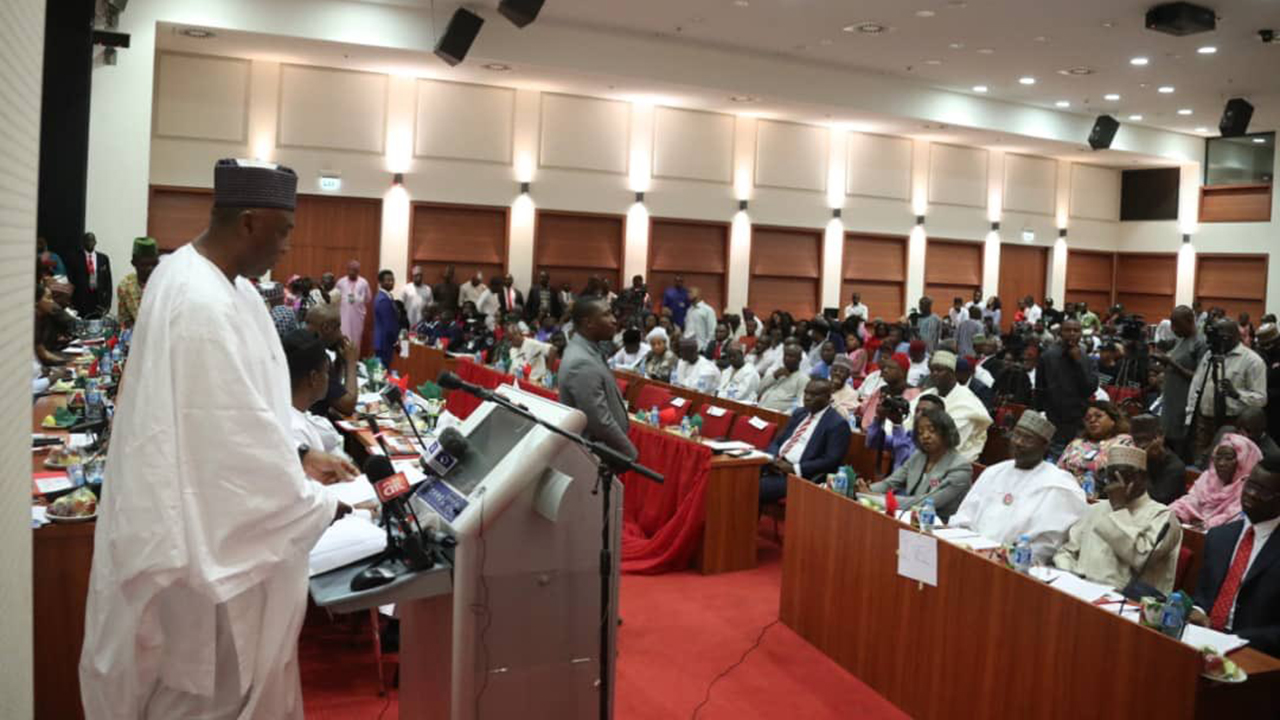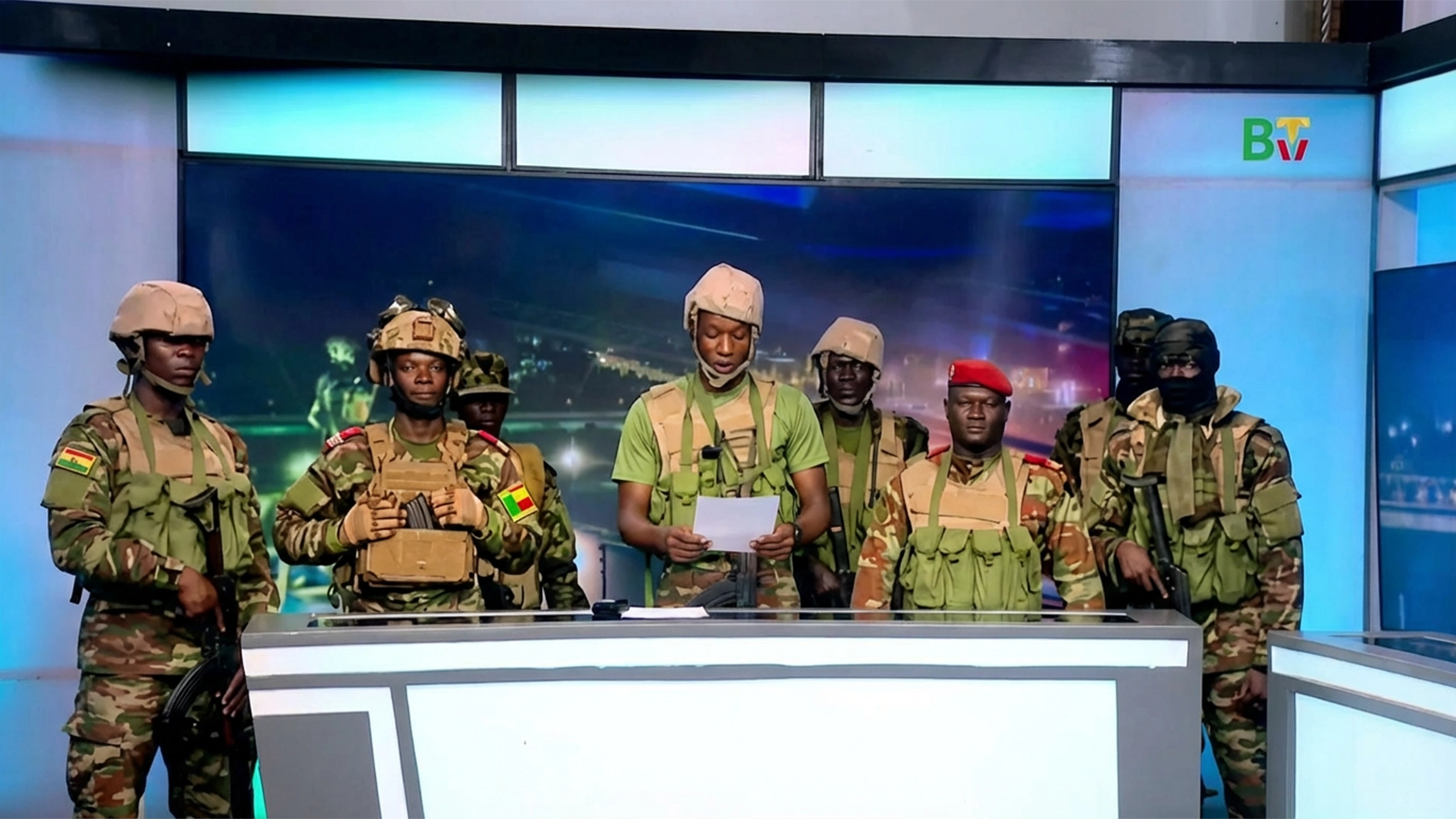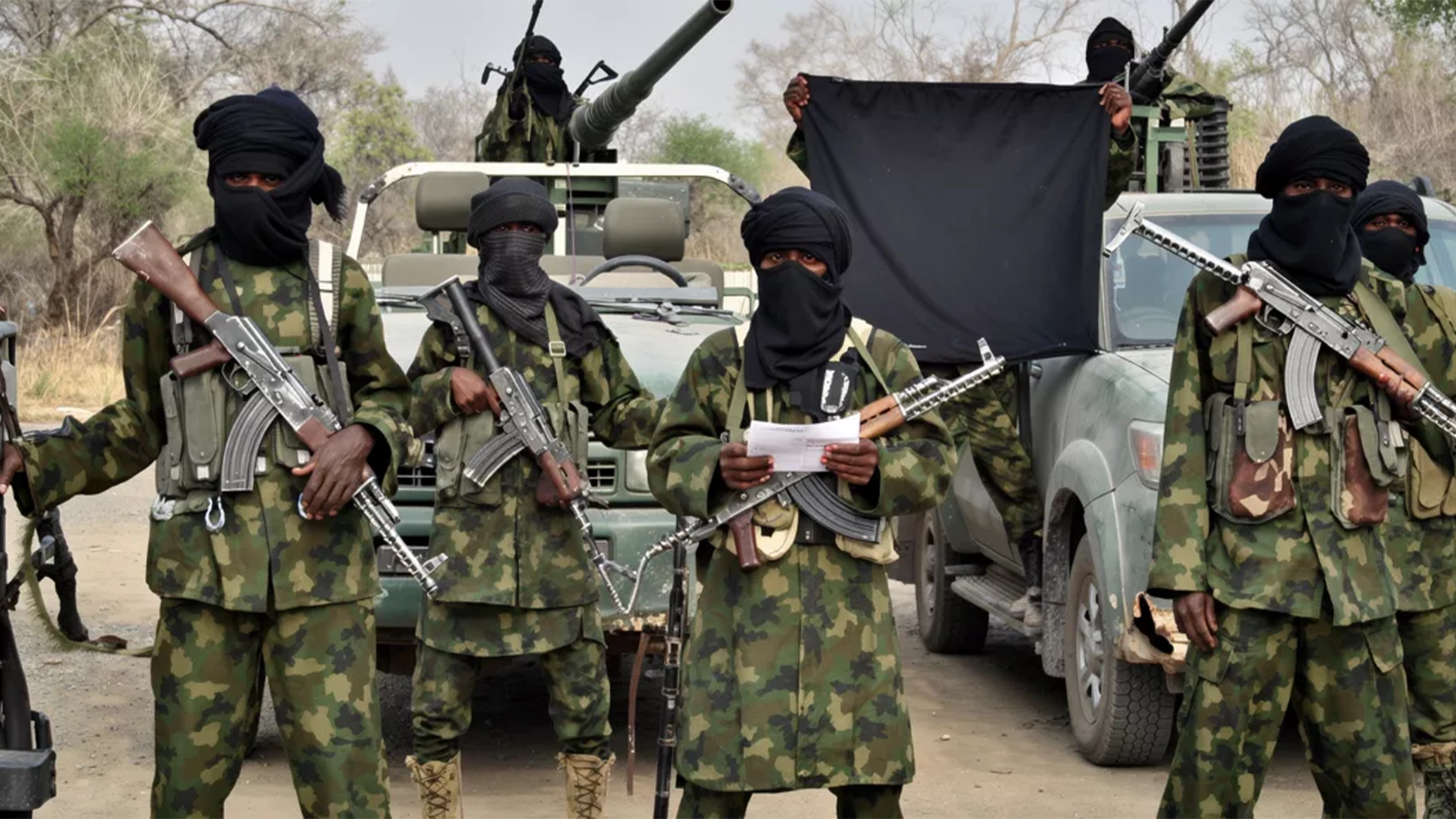
That Nigeria’s democratic processes are being increasingly hijacked by rich politicians at the expense of the less endowed is no longer news, going by reports of inducement and vote buying that characterised the primaries of some political parties. The ruling All Progressives Congress (APC) and the main opposition Peoples Democratic Party (PDP) are top among the accused. The accusation also resonated in the governorship election just held in Ekiti State. What is baffling to Nigerians is whether the authorities are genuinely concerned about this unwholesome development, given that acts of bribery and corruption of the electoral process are clearly forbidden and illegal under relevant laws.
Among other provisions, Section 121 of the Electoral Act 2022 stipulates that it is an offence for any person to: “directly or indirectly, by his or herself or by any other person on his or her behalf, corruptly makes any gift, loan, offer, promise, procurement, or agreement to or for any person, in order to induce such person, to procure or to endeavour to procure the return of any person as a member of a legislative house or to an elective office or the vote of any voter at any election.”
One of the sad tales from Nigeria’s democratic process is the increasing monetisation of the political process leading to the election of office holders. The jostle for positions in the 2023 elections has taken this sad development to a dizzying height.
Worldwide, electioneering processes cost money but certainly not the brazen and obscene display witnessed in Nigeria. It would seem that persuasion, manifestoes and peoples’ right to choose their representatives freely have been subverted by brazen bribery. When people take political decisions based on personal pecuniary consideration rather than good governance, the society loses in the long run.
As Nigeria prepares for the 2023 election, tales of unhealthy monetisation have been documented. First is the purchase of expression of interest and nomination forms. In the ruling APC party, presidential candidates paid as high as N100 million to stand as candidates. With 23 candidates, the party raked in about N2.3 billion on forms alone. The opposition party, PDP also slammed aspirants for presidential seat at N40 million. This amount is capable of discouraging genuine and statesmanlike aspirants who may not have the wherewithal.
But a more worrisome development was enacted at the primaries of the political parties. The PDP was the first to hold its primaries. Allegations of dollar rains were made. Delegates were said to have been induced by as much as $35, 000 each by one presidential candidate. Other presidential candidates were also doling out dollars to the beautiful brides called Delegates. This monetisation was also replicated in the primaries of the ruling APC. Again, party primaries at the state and legislative levels were also brazenly monetised. In the just concluded Ekiti State gubernatorial elections, similar allegations of vote buying were made.
Reactions to this monetisation of the political process have been widespread. Even politicians at the highest level have had to react to this negative development. Former President, Goodluck Jonathan described the conduct of party primaries as a mess. He said: ‘‘These whole primaries going on across the country are a mess. This is not a standard practice; the process has failed. I hope that what happened this year, 2022 will not happen again in this country.”
Professor Kingsley Moghalu, who was also a presidential aspirant under the African Democratic Congress (ADC), described the development as a bad omen for the 2023 general elections. Noting that “the desperation of politicians in the 2023 presidential election cycle gives cause for alarm. From 100 million presidential nomination forms to $35,000 delegate bribes and INEC’s shifting of deadlines for primaries, seemingly to accommodate the political party in power today, these are dangerous omens… To make real progress, we must break from the past. We must now elect leaders who offer us a clear, coherent vision, competence, and a plan.”
On the Ekiti election, the Inter-Party Advisory Council described it as “a daylight robbery and a slap on democracy” as it witnessed “a brazen act of vote-buying by agents of political parties while officials of INEC and security agents look the other way.” The Centre for Democracy and Development (CDD) said it documented 41 instances of vote buying and selling during the Ekiti elections. This figure is obviously a tip of the iceberg since vote buying and selling are done surreptitiously.
With this plethora of voices from the field, there is no doubt that a massive monetisation of the political process had taken place. This is a sad development for the future of democracy in Nigeria; a development that must be discouraged. Leaders that emerge through this process are less likely to have a sense of commitment towards the development of the country because having paid their ways through, they would necessarily feel entitled to recoup their ‘investments’ invariably through corruption and other vile means. Monetisation of the process is also a tacit vote against inclusivity as women, the disabled and other less privileged aspirants are shut out.
Agencies of government need to embark on a sustained voter education to discourage electorate from selling their votes. They must be made to realise that there is a greater good to be derived when they vote genuine and committed leaders instead of being swayed by personal pecuniary considerations.
Other agencies of government must also up their games in the prevention, apprehension and prosecution of vote buyers and sellers. Even though the Economic and Financial Crimes Commission (EFCC) announced its presence at election venues, little or no impact was felt. Those arrested in the Ekiti elections should be prosecuted and punished through a transparent process to deter others.
The monetisation of the political process is an ill wind that blows nobody any good as it shrinks the political space and dulls the ability of the electorate to hold elected officials accountable.






